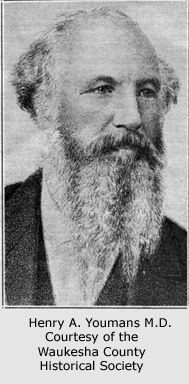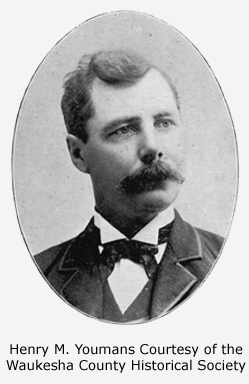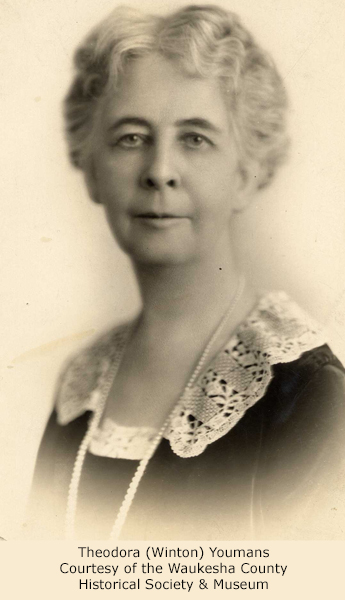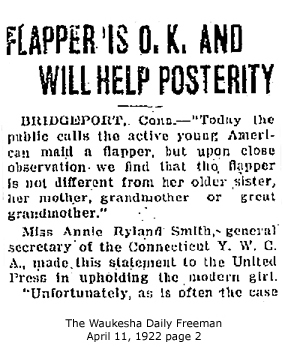Introduced as "Miss Annie Ryland Smith, general secretary of the Connecticut Y.W.C.A., she is quoted extensively in an article titled, "Flapper is O.K. and Will Help Posterity." ("Posterity" clearly is a mistake that wasn't caught before the presses ran; "prosperity" was meant and is used by Smith in the partial paragraph at the top of the second column.)
Smith opens the story: "Today, the public calls the active young American maid a flapper, but upon close observation we find that the flapper is not different from her older sister, her mother, grandmother, or great grandmother."25
To put this in perspective, the grandmother my mother knew best, her father's mother, Bertha Raasch Westfahl, was born in 1856; her great grandmother Augustine Wilhelmine Wendt on her dad's side, in 1819. That's lineage one generation away from the 1700s. (Thanks to cousin Karen Glover who compiled these genealogical facts about our family.)
"For years the young wife has been held to the standard of 'What mother used to bake," Smith continues. "If domestic science of today shows results, the young wife of coming generations will be questioned as to whether what she serves is a balanced diet or not." 26
Modern thinking, based on learning and science not religion or tradition, is totally inconsistent with the fundamentalist-nationalist Waukesha newspaper, The Freeman, that exists today. Among the paper's current columnists, for example, is a Milwaukee talk radio host who has filled in for Rush Limbaugh, a notorious far-right blabbermouth. I wondered how this right-wing publication could have published such a progressive article almost a century ago.
Poking on Google I discovered that a predecessor paper in Waukesha, called the The Waukesha Freeman, was prominently abolitionist in the 1800s, hence Freeman.27
Bonnie Byrd, curator of the Waukesha County Historical Society & Museum, sent information that indicates the paper was purchased sometime around 1870 by Dr. Henry A. Youmans of Mukwonago for his son-in-law, T.W. Haight. An excerpt from one of the articles Bird supplied states Dr. Youmans' son Henry M. "...worked for Haight four years and then bought the business for himself becoming editor. For sixty years, until his retirement in 1930, Henry M. Youmans dominated the Freeman; writing its editorials, determining its policies in line with his own Republican [it was quite a different party then] philosophies, and managing it so well that it successively absorbed each of its competitors. After a three-way merger in 1920 it became a daily paper." 28
Editor Youmans married a suffragette named Theodora Winton who, upon receiving a degree from Waukesha's Carroll College, began writing for the Freeman according to a second article provided by Byrd. "Always committed to the women's suffrage movement, [she] supported the successful campaign to have the state pass a suffrage bill in June 1911...Wisconsin was the first state to ratify the [19th] amendment and to notify federal officials in Washington of its passage." 29





Click for full story.
